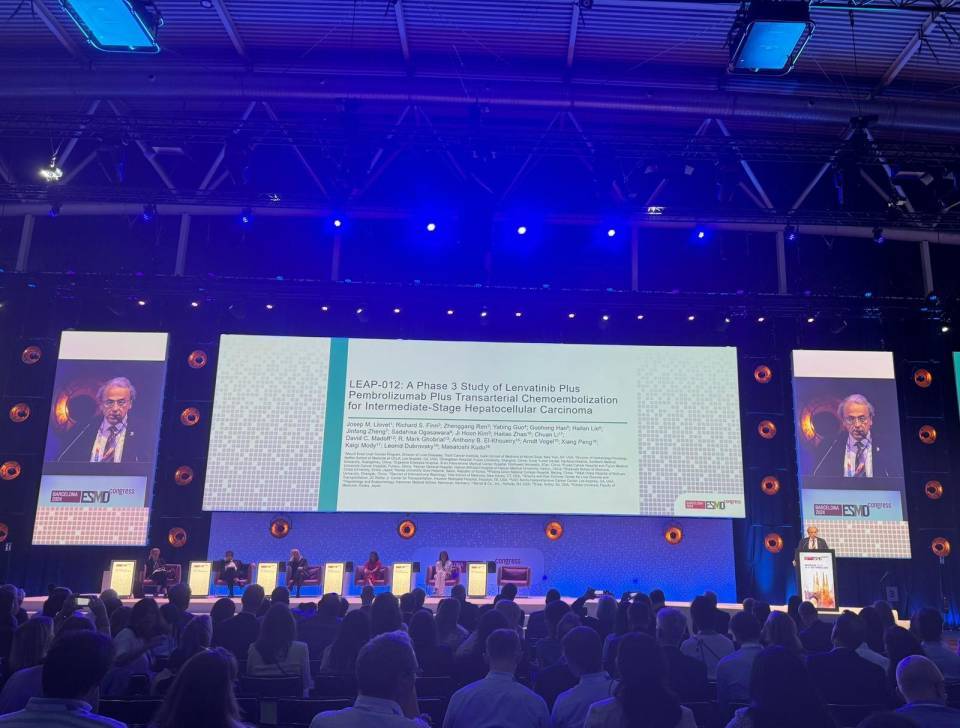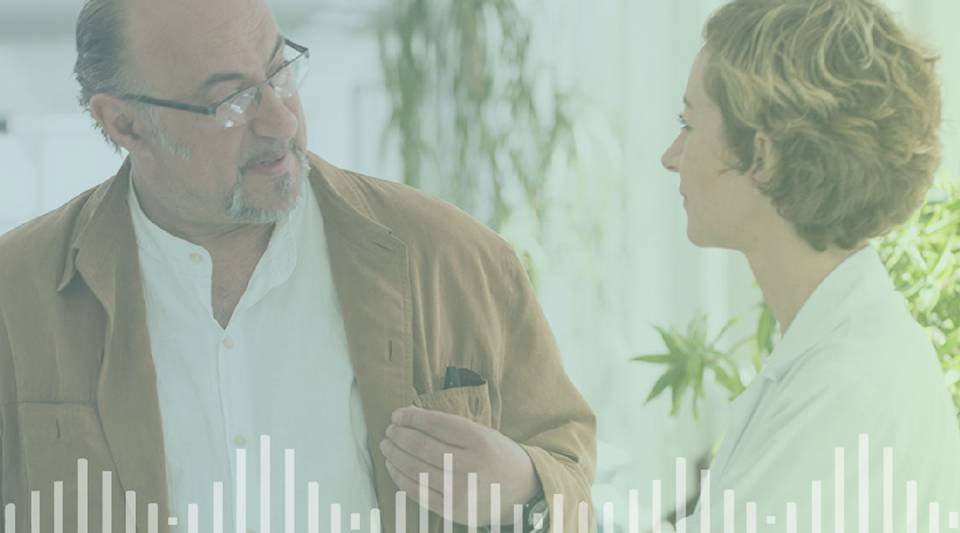19 September 2024
FAQs
What’s wrong with me?
Lung cancer is not a hereditary tumour. Only a very small percentage of cases of lung cancer are hereditary. When your doctor talks about “genetic studies”, he is not referring to the genetic properties of each individual, but to studying the properties of the tumour to be able to personalise the treatment offered. The best advice you can give your family is not to expose themselves to cancer-causing products, such as tobacco smoke.
In its early stages, lung cancer has no symptoms and often goes undetected. It is increasingly common to be diagnosed with lung cancer after having an X-ray for another reason. Symptoms generally appear at advanced stages of the disease. The most common are: a persistent or strange cough; shortness of breath; blood in the sputum; and chest or shoulder pain.
Advances worldwide in research centres specialising in lung cancer are similar and shared, so most cancer treatments offer the same guarantees. The Hospital Clínic Barcelona has a large staff of professionals recognised nationally and internationally, as well as a wide availability of new therapies under clinical trials.
Stopping smoking is always a very good idea. Smoking increases the risk of developing lung infections and toxicity with treatment. In addition, smoking reduces the effectiveness of treatment and makes it difficult to recover respiratory capacity after lung surgery. Stopping smoking also lowers the risk of developing a second lung cancer.
What tests will I undergo?
Spirometry is a quick, painless test using a handheld device called a spirometer. It measures the amount of air a person's lungs can hold (air volume) as well as the rate of inhalation and exhalation during breathing (airflow rate). Assessing respiratory capacity before undergoing lung surgery or radiotherapy treatment is important.
This is the examination of the airways and bronchi by inserting a bronchoscope, a flexible tube with a video camera at its end, via the mouth. It is performed under local anaesthesia. This test gives a clear view of the inside of your airways on a monitor. The bronchoscope tube also has several channels inside, through which different instruments can be inserted for carrying out certain diagnostic procedures, such as biopsies.
What treatments are available?
Chemotherapy is still one of the most widely used systemic treatments for lung cancer, either on its own or in combination with other therapies. It works by inhibiting cells from growing by division, both tumour and healthy cells. Thus, adverse or side effects associated with this treatment may be experienced.
Chemotherapy is generally administered intravenously, although in some cases it can be administered orally. It can be given as a combination of two or more drugs (polychemotherapy) or just one (monotherapy). Among the most widely used drugs are platinum derivatives (cisplatin and carboplatin), antifolates (pemetrexed), taxanes (paclitaxel and docetaxel), vinorelbine, gemcitabine, and etoposide. The number of cycles depends on the patient and the tumour stage, although generally 4-6 treatment cycles are administered.
Among the side effects that may appear are: fatigue (asthenia), a change in the taste of food, nausea, vomiting, hair loss, inflammation of the mucosa of the mouth, fever, constipation or diarrhoea, abdominal and muscle pain, hives and nail lesions. If you have any questions, you should discuss them with your medical team.
Radiation therapy or radiotherapy delivers high-energy X-rays to kill cancer cells. It is used often in lung cancer and can be given alone or in combination with chemotherapy or immunotherapy to: shrink the tumour before surgery; kill cancer cells after surgery; or alleviate symptoms of the tumour spreading outside the lung, such as to the brain or bones.
This may lead to skin irritation, inflammation of the oesophageal mucosa (esophagitis or difficulty swallowing) and fatigue. Pneumonitis (lung tissue inflammation) may appear months after the treatment is over and may be accompanied by increased respiratory distress. If you have any questions, you should discuss them with your medical team.
Immunotherapy is one of the most important advances that has proven to be effective in the treatment of lung cancer. It consists of administering a drug that stimulates the patient's own immune response to recognise and destroy the tumour. It can be performed on its own or in combination with chemotherapy. Selection is based on markers evaluated in the tumour sample.
Immunotherapy is generally better tolerated than chemotherapy, but it can also have unwanted side effects due to the stimulation of the immune system.
Immunotherapy is provided intravenously in different administration regimens (every 2, 3 or 4 weeks). It is indicated for the treatment of advanced non-small cell lung cancer, as well as small cell lung cancer. It can also be given as adjunctive treatment before or after surgery.
Among the most common side effects are: fatigue (asthenia), itching, skin redness and muscle and joint pain. Side effects of these drugs stem from activation of the immune system and they can also include intestinal, nerve and endocrine system toxicity. If you have any questions, you should discuss them with your medical team.
Targeted, or oral, therapy has also revolutionised the treatment of this disease. This treatment blocks the growth of certain tumours with very specific genetic properties. Tumours for which targeted treatments are currently available include those with alterations in the EGFR, ALK, RET, ROS1, and METex14 genes. Other genes with targeted therapies not yet authorised in Spain are KRASG12C, BRAFV600E, NTRK, EGFR and HER2 exon 20 insertions. Unlike chemotherapy, many of these treatments are administered orally and are better tolerated. To find out if you can be treated with any of these biological treatments, a molecular study is performed on the tumour sample to determine the probability of response to treatment.
Side effects can vary a lot, depending on the type of therapy administered. Each patient has to receive therapeutic education tailored to the type of personalised treatment being administered.
The length of treatment depends on the type of lung cancer and the stage. Chemotherapy can usually be given every 3-4 weeks; this period is called a cycle. In theory, 4-6 cycles are needed. There are also other types of treatment that control immunity which can be administered continuously for months if they are shown to be active in stopping tumour growth. The same applies to targeted therapies administered continuously, as long as the disease is controlled and no serious side effects occur.
Living with lung cancer
The pain depends mainly on the location of the tumour and individual tolerance to it. The most important thing if you experience pain, at any stage of the disease, is not to accept it as inevitable but to tell your medical team about it. There are currently a large number of very effective drugs for the treatment of pain. It is not true that opioid drugs, such as morphine, cause addiction or that their prescription is synonymous with the terminal phase of cancer.
One of the most common side effects of chemotherapy treatment is decreased defences, so there is a greater risk of infection. A decrease in defences is not common if you are treated with immunotherapy or targeted therapy. A fever or high temperature greater than or equal to 38ºC is a defence mechanism of the body indicating an infection; in the event of an infection, you should contact your hospital. A blood test and a chest X-ray will help in assessing the reason for the fever, finding out the state of your defences and whether you need antibiotic treatment as support.
The possibility of leading a normal life during treatment will depend on your overall health, the symptoms associated with the disease and the side effects of treatment. Lung cancer treatments are administered on an outpatient basis, so the patient returns home after finishing it. There are no specific limitations on activities associated with the disease or its treatment. The most reasonable thing is to follow the signs your body gives you: rest when you need to and be active when you feel well.
The side effects of chemotherapy treatment do not usually appear until 48 hours after receiving it. However, the patient should always be accompanied during treatment as these drugs can cause side effects related to the infusion of the drug (e.g., allergic reactions). In addition, many treatments involve long periods of administration, so it is normal for the patient to feel tired after the therapy.
Hair loss or alopecia may be partial or total depending on the prescribed treatment and the drugs used; although not all therapies cause hair loss. Chemotherapy is generally the treatment most associated with hair loss which will depend on the type of treatment (it is seen more with anthracyclines, taxanes and etoposide). Some targeted treatments can also cause hair loss and even change its form (e.g., make it more curly). The medical team will inform you in advance about the risk of alopecia associated with the treatment. Hair loss is not immediate after therapy, and usually occurs in the third or fourth week after administration of the first treatment dose. So there is time to receive personalised attention and decide which aesthetic option is the most appropriate.
Chemotherapy-induced alopecia is reversible and hair regrows 3-4 weeks from the end of the last treatment cycle, although hair colour and texture may change.
Maintaining good oral hygiene and brushing your teeth after each meal with a soft-bristled brush is essential to prevent mouth sores (mucositis). You should also use physiological solution rinses, alternated with water and bicarbonate solution (1 teaspoon of bicarbonate in a glass of water) as part of your oral hygiene regime. Do not use mouthwashes that contain alcohol. You can also take rinses with a thyme infusion. If you have a dental prosthesis which becomes uncomfortable, you should not use it. Check there are no white spots inside your mouth, as this is a symptom of candida infection. Infection is common if corticosteroids are used.
For hair care, you should use a mild shampoo and avoid dyes that contain ammonia.
Skin care is also very important during treatment, since many of the cancer treatments can cause skin toxicity. You should shower daily with lukewarm water, use a physiological pH gel and always hydrate your skin. Avoid sun exposure as much as possible and use sunscreen (UVA/UVB) with SPF 50+. Wear loose linen or cotton clothing and avoid friction with jewellery, zips and belts.
Providing the general state of the patient allows, sexual relations can be maintained. You should remember that protective measures must be taken to prevent pregnancy during treatment. Remember that during treatment there may be sexual dysfunction or decreased sexual desire and this is due to the disease and the treatment. However, the effects are reversible once the treatment is finished. Taking care of your body image is important as it helps maintain self-esteem and your perception of acceptance by those close to you.
Viagra® can be indicated during treatment. But given the large number of drugs used to treat cancer, you must discuss it with your oncologist beforehand to rule out any possible drug-drug interactions or previous illnesses that contraindicate its use.
During treatment, your doctor will request imaging tests (e.g., CT, PET or MRI) that monitor the changes in size of the tumour. These images are compared with ones taken before the treatment to help evaluate the effectiveness of the therapy. When discussing treatment effectiveness, the doctor may mention complete remission (disappearance of the tumour), partial remission (shrinkage of the tumour), progression (growth) or stability. The type of tests and their frequency depends on the type of tumour and treatment.
So-called alternative, integrative or complementary therapies, e.g., homeopathy, acupuncture, relaxation techniques, massages and reiki, can have very beneficial effects for the disease symptoms or treatment side effects. You should consult your doctor when taking additional oral treatments, as some can interact with the anti-tumour treatment.
Clinical studies and trials have investigated the therapeutic use of cannabinoids under specific medical conditions. They have shown that the main active substance in marijuana helps control the side effects of cancer treatments (it stimulates appetite, alleviates pain and is an antiemetic). The use of cannabis is currently prohibited in Spain, which means there is no regulation of any products that contain marijuana extracts or concentrates.
After completing the treatment, periodic radiological tests established by the doctor are performed according to the type of cancer. These tests also require a medical visit and an analysis. Thus, any recurrence or reactivation of the tumour can be detected early, which allows optimal treatment to be carried out before symptoms appear and the tumour grows.
If this occurs, your doctor will assess other existing therapeutic possibilities depending on the location and type of tumour, previous treatment and your current health status. You may also be offered the chance to participate in a clinical trial. These provide access to promising new therapies not yet available in health centres. The doctor will offer you the personalised clinical trial most likely to benefit you.
Following the development of new drugs, survival for patients diagnosed with lung cancer has increased progressively. The prognosis of the disease depends on the type and stage of the cancer. For stages I, II, and III with localised disease, treatment is considered to be radical. When the disease is not curable, the goal is to control and manage it, as with high blood pressure or diabetes, and maintain your quality of life.
It must be remembered that the statistics are only population estimates and that in many cases they do not represent the evolution of each individual.
Research lines
It is an experimental evaluation of the safety and efficacy of a drug used in humans. When an experimental drug is compared with an already approved drug used in routine practice, it can be seen if the investigational drug offers more benefits than the existing drug. Participation in a clinical trial is voluntary and you can withdraw from the study if you change your mind. Patients included in a trial must meet certain requirements, so not all patients can be included, even if they want to be.
Substantiated information by:
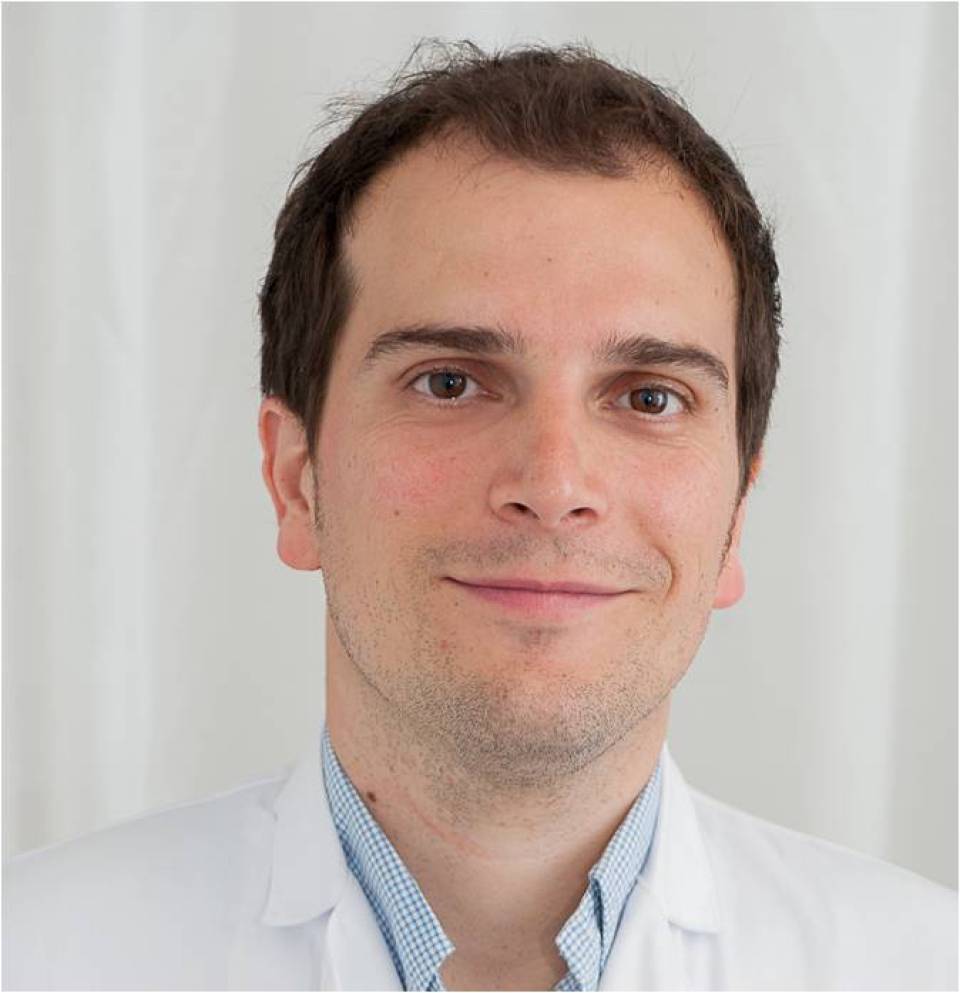
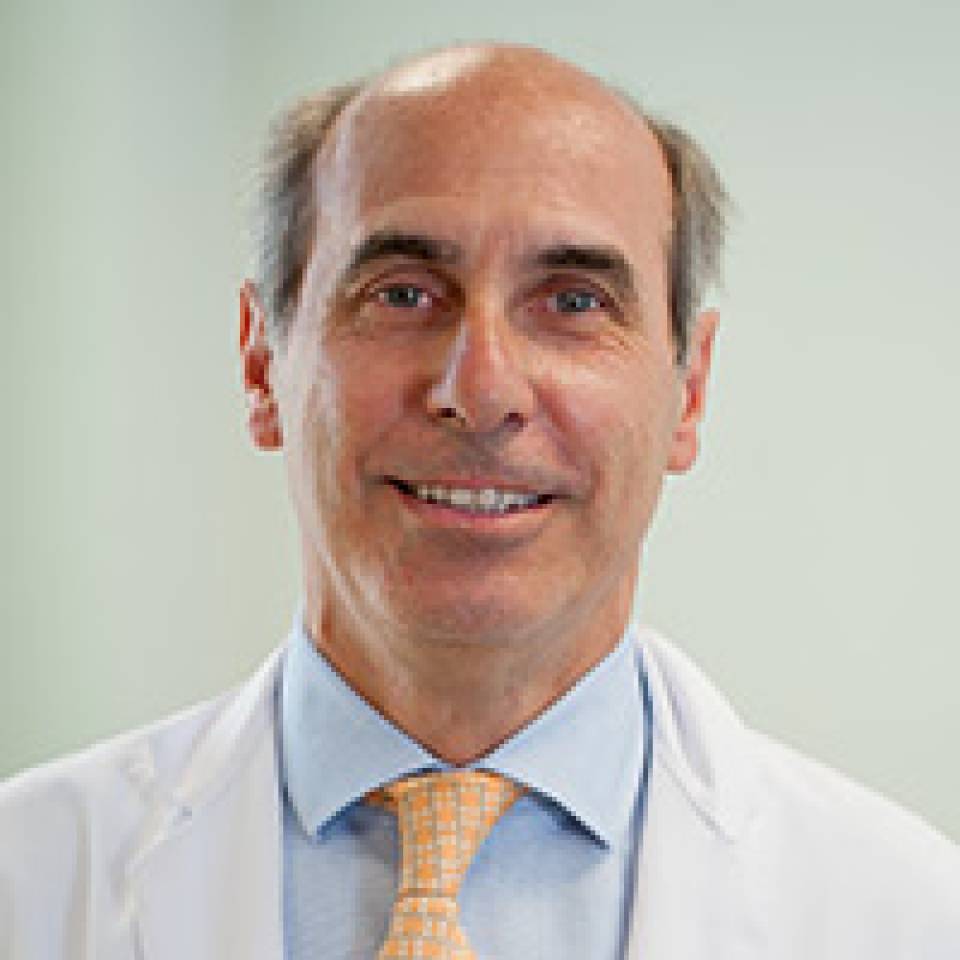
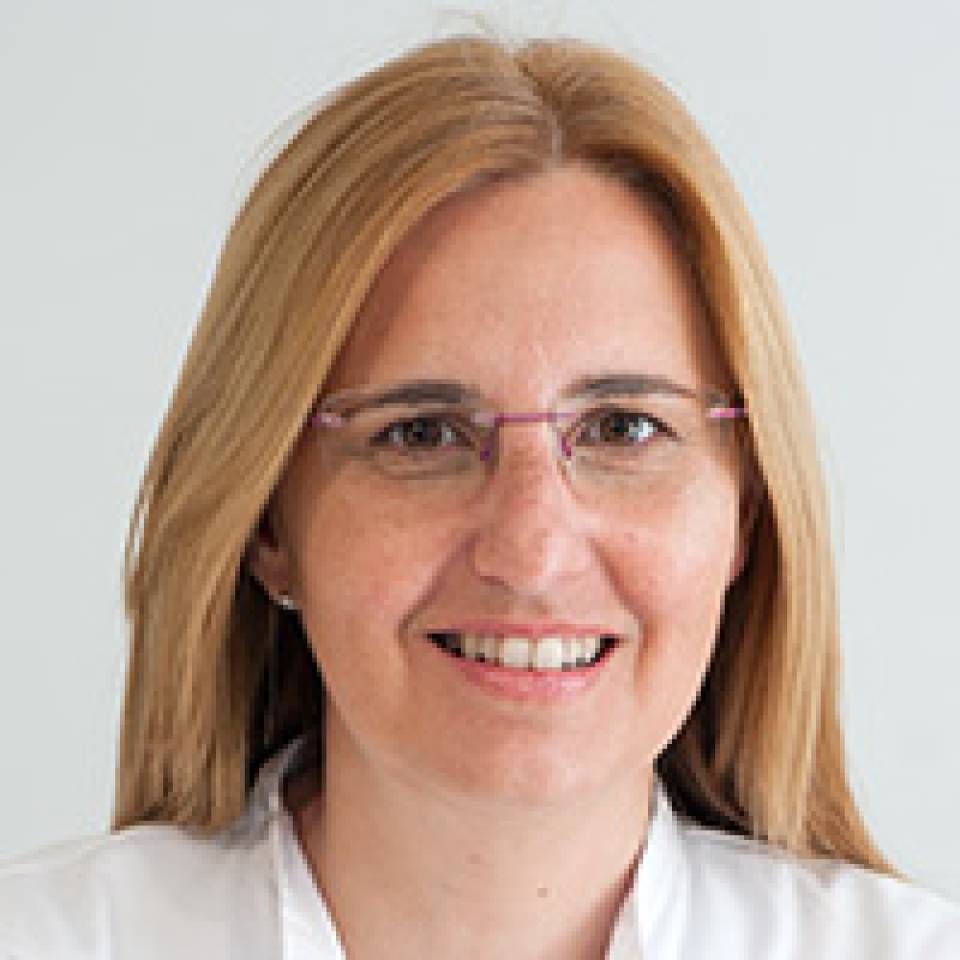
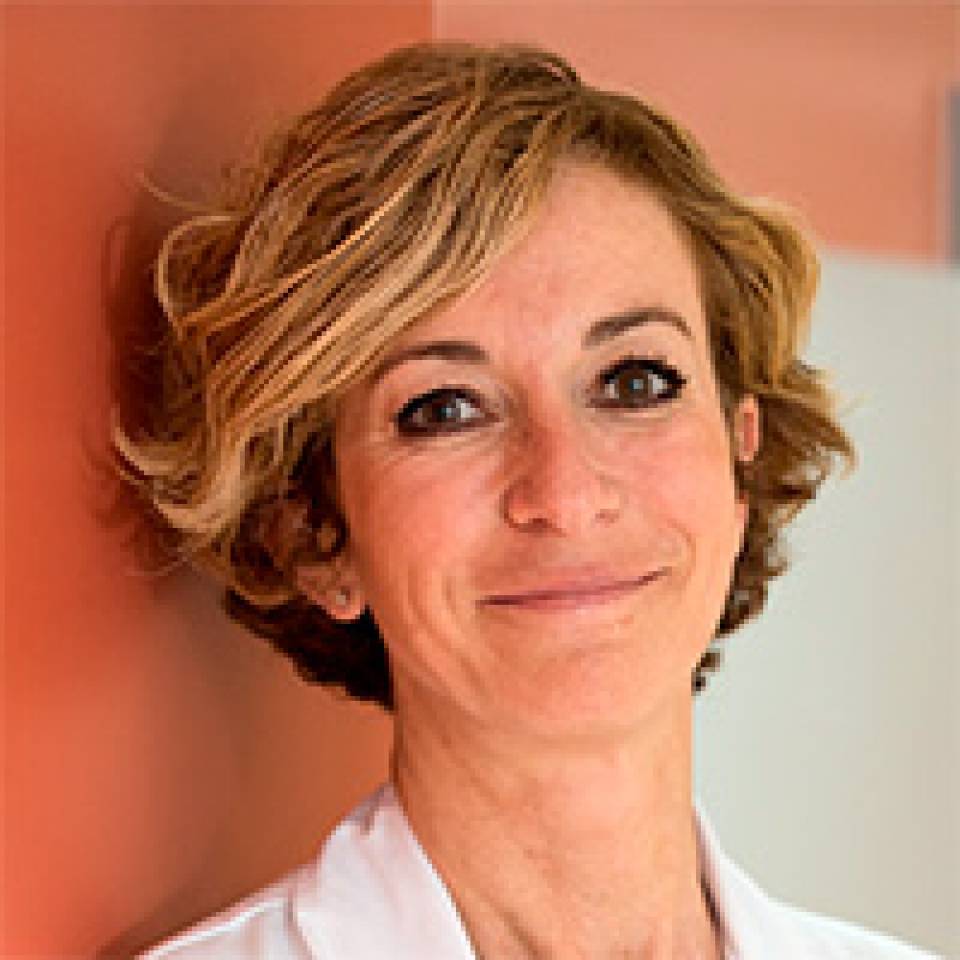
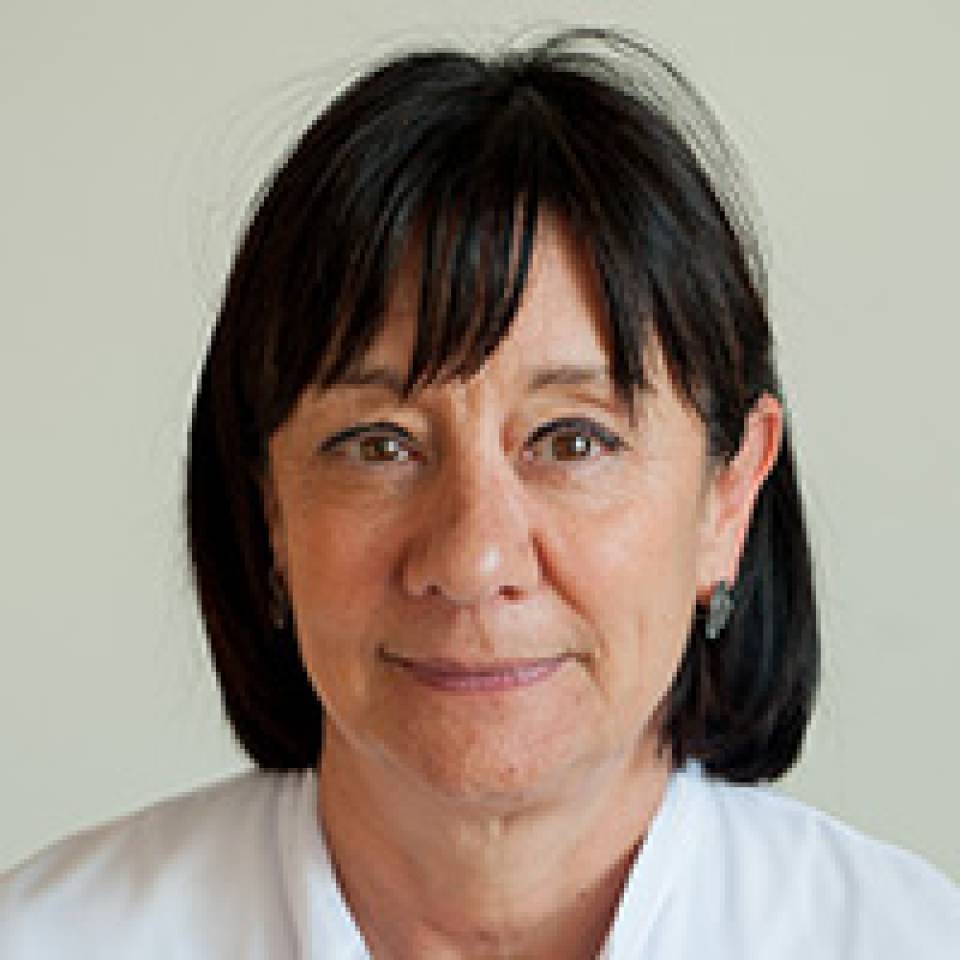

Published: 20 February 2018
Updated: 26 September 2023
Subscribe
Receive the latest updates related to this content.
Thank you for subscribing!
If this is the first time you subscribe you will receive a confirmation email, check your inbox
Lung Cancer related news
1 February 2023
Can electronic cigarettes cause heart problems?
19 October 2022
